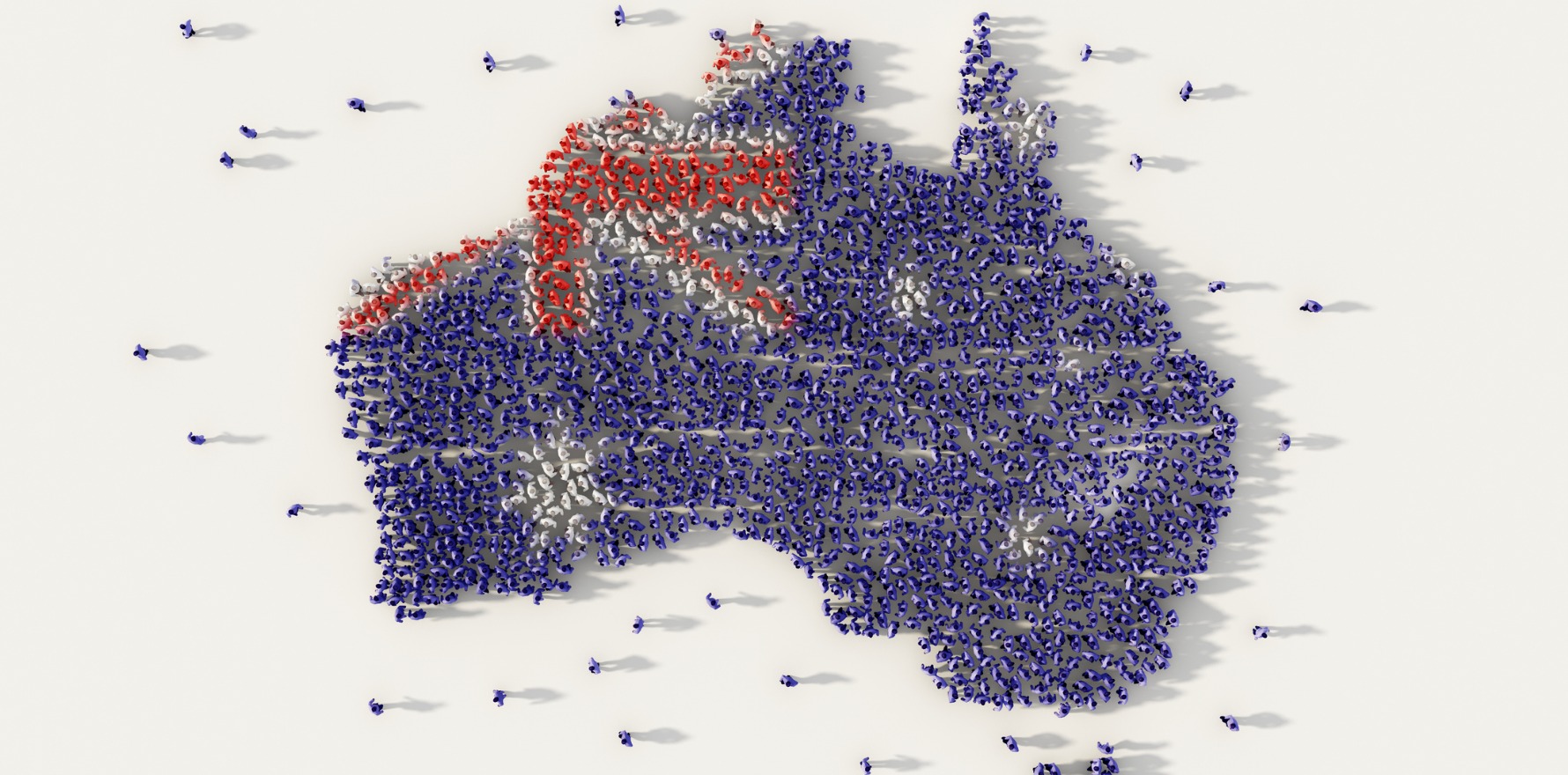Updating topics before the next census in 2026 would improve health outcomes for queer populations.
LGBTIQ+ Health Australia has called on the ABS to improve data collection as the 2026 census topic consultation enters its second phase.
Australia’s peak health advocacy body for queer people and communities made a second submission to the census consultation earlier this month regarding the addition of gender and sexual orientation as census topics, having previously submitted to the first phase of the consultation in April.
LHA’s CEO Nicky Bath said limited data collection on queer populations through the census had hindered state and federal initiatives aiming to improve health outcomes for LGBTQIA+ people.
“We’ve got good studies that tell us a great deal about the health disparities experienced by LGBTIQ+ people. But within that we’re also working in the dark because we don’t have access to the same kinds of data that other population groups have,” Ms Bath said.
“We don’t know where we live. We don’t know where we are within the aged care system. We don’t get good coroner’s court data. We don’t get access to emergency department [data]. We don’t necessarily understand our family makeups because that’s not being captured in the census. And that population-level data is really important.”
Ms Bath said that at a primary care level this translated to discrepancies among PHNs in terms of how much action was taken to improve LGBTQIA+ health outcomes.
“[When] primary health networks develop needs assessments every three years, those needs assessments are driven by population-level data, i.e. from the census,” she said.
“Because we’re not in that data, many of the primary health networks do not include LGBTIQ+ people either within the needs assessment or within priority action areas. Some do, and some don’t. We don’t have consistency.
“Without that data, we’re not then seeing the PHNs commissioning and responding to the needs of LGBTIQ+ people in the way that they need to. It concerns me greatly.
“What we do know is that to have those questions in the census would enable much better understandings of all of those PHNs about what is occurring [in their region] and what the issues are for our communities in their geographical footprint.”
In its most recent submission, LGBTIQ+ Health Australia recommended the ABS add an integrated set of questions addressing topics of sex, gender, variations of sex characteristics and sexual orientation to the 2026 census.
The questions were in line with existing ABS standards for sex, gender, variations of sex characteristics and sexual orientation variables established in 2020.
“The final topics for the 2021 census did not include appropriate questions on sex, gender, variations of sex characteristics and sexual orientation sufficient to adequately count LGBTIQ+ populations and support funding and investment in a range of areas, including healthcare and social services planning,” the submission said.
“LHA welcomes ABS commitment to continued consideration of topics and questions in the 2026 census that can fully and adequately count LGBTIQ+ populations and provide essential data for planning policy and programs for LGBTIQ+ health and wellbeing.”
The submission also responded to a recent commitment from the ABS to further consider gender, sexual orientation and variations of sex characteristics as topics for the 2026 census.
LHA reiterated its demand for the ABS to update the “household and families” topic to represent a more diverse range of family structures, after concerns from LGBTQIA+ individuals that the current topic does not accurately reflect their relationships.
“Many LGBTIQ+ people have reported that their household and family relationships could not accurately be recorded in response to questions for the 2021 census,” the submission said.
“The concerns indicate heteronormative and cis-normative paradigms that do not reflect the diversity of LGBTIQ+ families and relationships, resulting in misreporting or under reporting of LGBTIQ+ relationships.”
Ms Bath said improvements to health outcomes for LGBTQIA+ individuals were hindered by experiences of discrimination and affordability and geographic disadvantage reducing access to some services.
“We know from the evidence that our communities underutilise health services and can delay seeking health advice or accessing health services due to perceived and real experiences of stigma and discrimination,” Ms Bath said.
“There’s also research that shows us that affordability can be an issue, as it is for the broader community, and also for people in regional and remote areas it can be very difficult to be able to access a service that is appropriate, particularly for trans and gender-diverse people.”
The ABS said it would provide its recommendation to the federal government on the topics for the 2026 census in mid-2024, with the final decision on topics to be confirmed by the government in 2025.


